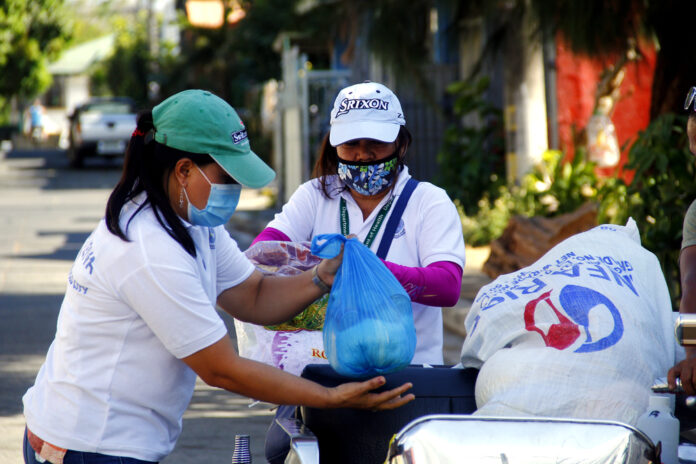The latest surveys are in, and they’ve made something pointedly clear: Filipinos are firmly standing behind the government’s social assistance programs. Critics can keep talking, but the numbers don’t lie. These “ayudas” are more than just political rhetoric—they are essential lifelines for millions.
For those struggling the most, teetering on the edge of poverty, or one misfortune away from falling back into hardship, these programs provide a sense of security in an otherwise unpredictable world.
Critics argue that these ayudas foster dependency, even laziness. But they are outnumbered, overshadowed by the many Filipinos who draw hope and strength from these programs, as the surveys show.
Polls from Pulse Asia, OCTA Research, and Social Weather Stations all show overwhelming support for programs like 4Ps, TUPAD, and AKAP. These aren’t just government handouts; they are helping people survive.
In the January survey of pollster Social Weather Stations, nine out of ten Filipinos expressed support for the Pantawid Pamilyang Pilipino Program (4Ps)—the flagship anti-poverty initiative of the government. And 66 percent called it “very helpful.” That’s a message as clear as crystal.
For families struggling to get by, 4Ps isn’t just useful—it’s a game-changer. Access to education, healthcare, and basic services—things many of us take for granted—becomes possible for those who would otherwise be left behind.
Far from encouraging laziness, 4Ps helps families stabilize their finances, giving them a chance to build a better future. Over 700,000 of the 4.4 million beneficiaries graduated from the program last year, the Department of Social Welfare and Development had said. That’s not stagnation; that’s progress.
Nine in ten Filipinos also favorably view TUPAD, the program providing temporary work to displaced workers. That’s a clear sign of its value—a promise kept in times of need. TUPAD is more than a stopgap measure; it bridges a gap and keeps people afloat financially as they search for more stable work. In doing so, it also contributes to the local economy.
Then there’s AKAP, the Ayuda sa Kapos ang Kita Program, which offers cash assistance to low-income families. With eight in ten Filipinos backing it, AKAP plays a critical role, especially as inflation and rising food prices push more families to the brink. It provides the financial cushion many desperately need.
Despite the usual criticisms—talk of inefficiency or the challenge of reaching the right beneficiaries—the surveys point to an undeniable truth: these programs are working. Filipinos from all walks of life recognize their value. They are not just relief measures; they are investments in the future.
When Pulse Asia asked how programs like 4Ps, AKAP, and TUPAD have affected their lives, eight out of ten respondents said their financial situation had improved. Only one in ten said their circumstances had worsened. That’s a resounding endorsement.
And the public isn’t just satisfied—they’re demanding more. An OCTA Research survey found that seven in ten Filipinos want programs like AKAP to continue and expand. Given the current economic pressures, it’s clear these initiatives aren’t just helpful—they’re necessary.
The message is loud and unequivocal: 4Ps, TUPAD, AKAP, and similar programs are vital to battling poverty and ensuring financial stability. They are not just government programs—they are a means of survival. For the millions of Filipinos who are struggling, these programs are the oxygen they need to breathe. And anyone who dismisses their importance should take a long, hard look at the numbers.







